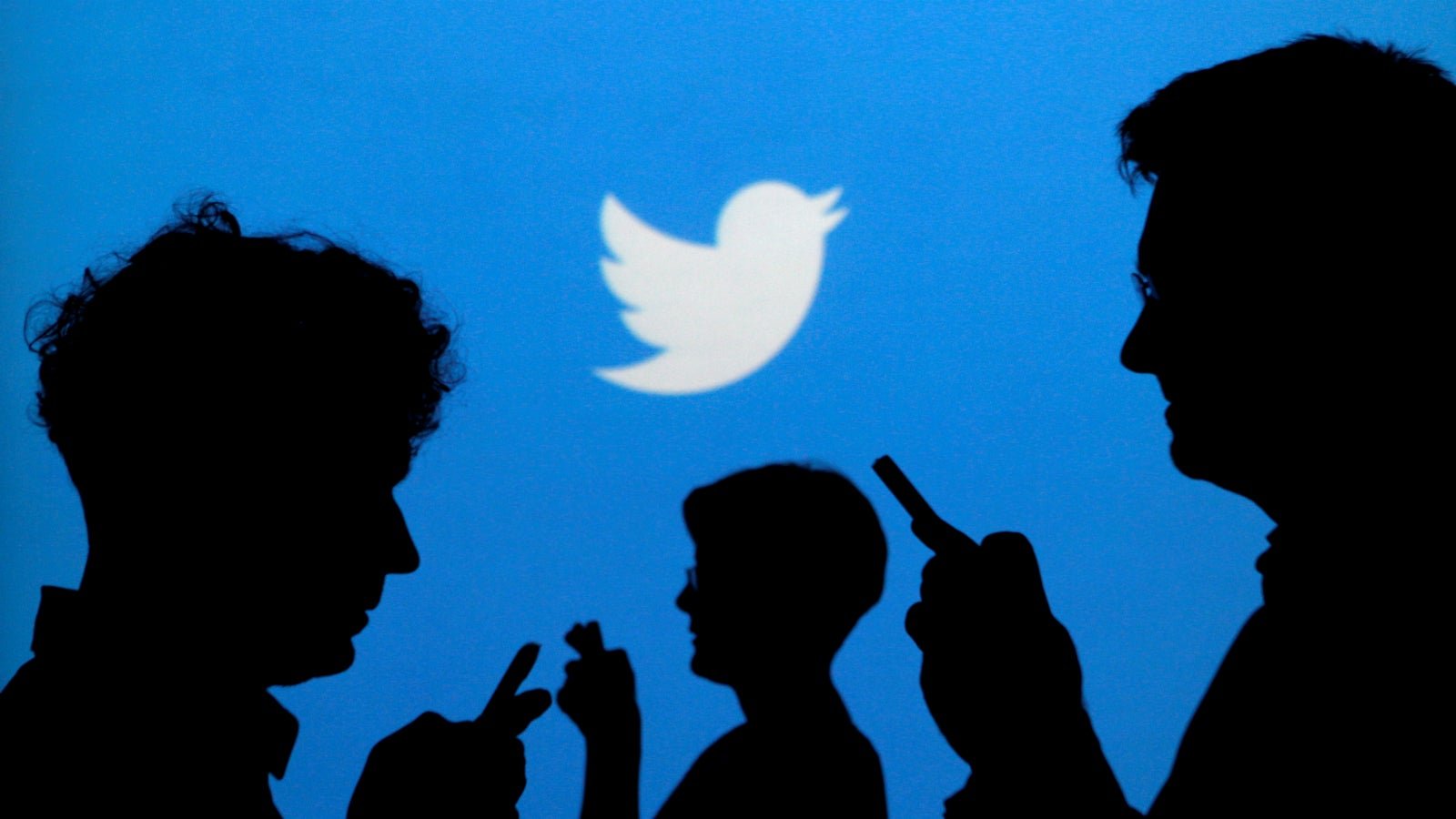Is Twitter biased against India’s right wing? A parliament panel wants to know
Supporters of India’s ruling right-wing Bharatiya Janata Party (BJP) have for months alleged that Twitter is biased against them. Now, the social networking site has been summoned before a parliamentary panel on information technology (IT), in what is being widely perceived as a reaction to these concerns.


Supporters of India’s ruling right-wing Bharatiya Janata Party (BJP) have for months alleged that Twitter is biased against them. Now, the social networking site has been summoned before a parliamentary panel on information technology (IT), in what is being widely perceived as a reaction to these concerns.
The panel, led by the BJP member of parliament Anurag Thakur, will examine the issue of “safeguarding citizens’ rights on social/online news media platforms”—leaving it open to potentially address other social media platforms like Facebook and WhatsApp. The agenda, which Thakur tweeted yesterday (Feb. 05), only specified that Twitter and members of India’s ministry of electronics and IT (MeitY) would testify.
Three days ago, members of the group Youth for Social Democracy protested outside Twitter India’s office, claiming that the micro-blogging platform had “acquired an anti-right wing attitude,” and was, therefore, blocking their accounts and restricting the reach of their tweets.
On Feb. 05, news website The Print reported that this same volunteer group had submitted a document to Thakur on Jan. 26, alleging that both Twitter and Facebook routinely censor right-wing users and ignore abuse from “left leaning ideologues and senior leaders of the Congress”—India’s primary opposition party.
Twitter, quoted in The Print’s article, said: “We have one set of rules…We have a global team responsible for enforcing these rules, and this team does not make decisions on the basis of ideological or political viewpoints.”
Tensions over alleged bias on Twitter have been brewing for months. They hit a peak in November, after Twitter CEO Jack Dorsey visited India and met a group of women to speak about the abuse they faced on the platform. In a photo taken after the group met, Dorsey held up a gift that had been given to him by one of the women: a poster that read “Smash the Brahminical patriarchy.”
Many on Twitter, including prominent BJP supporters, decried what they saw as Dorsey’s implicit endorsement of supposed hate speech towards Brahmins. Others claimed that the poster had targeted the oppressive systems of casteism and patriarchy, not individuals.
Controversies over perceived anti-right-wing bias have rocked Twitter before as well. In early November, many individuals, including BJP spokesperson Tajinder Pal Singh Bagga, tweeted in support of Jagrati Shukla, a woman whose account Twitter had suspended because she said that real bullets should be used against Kashmiris who pelt stones.
Read Quartz’s coverage of the 2019 Indian general election here.